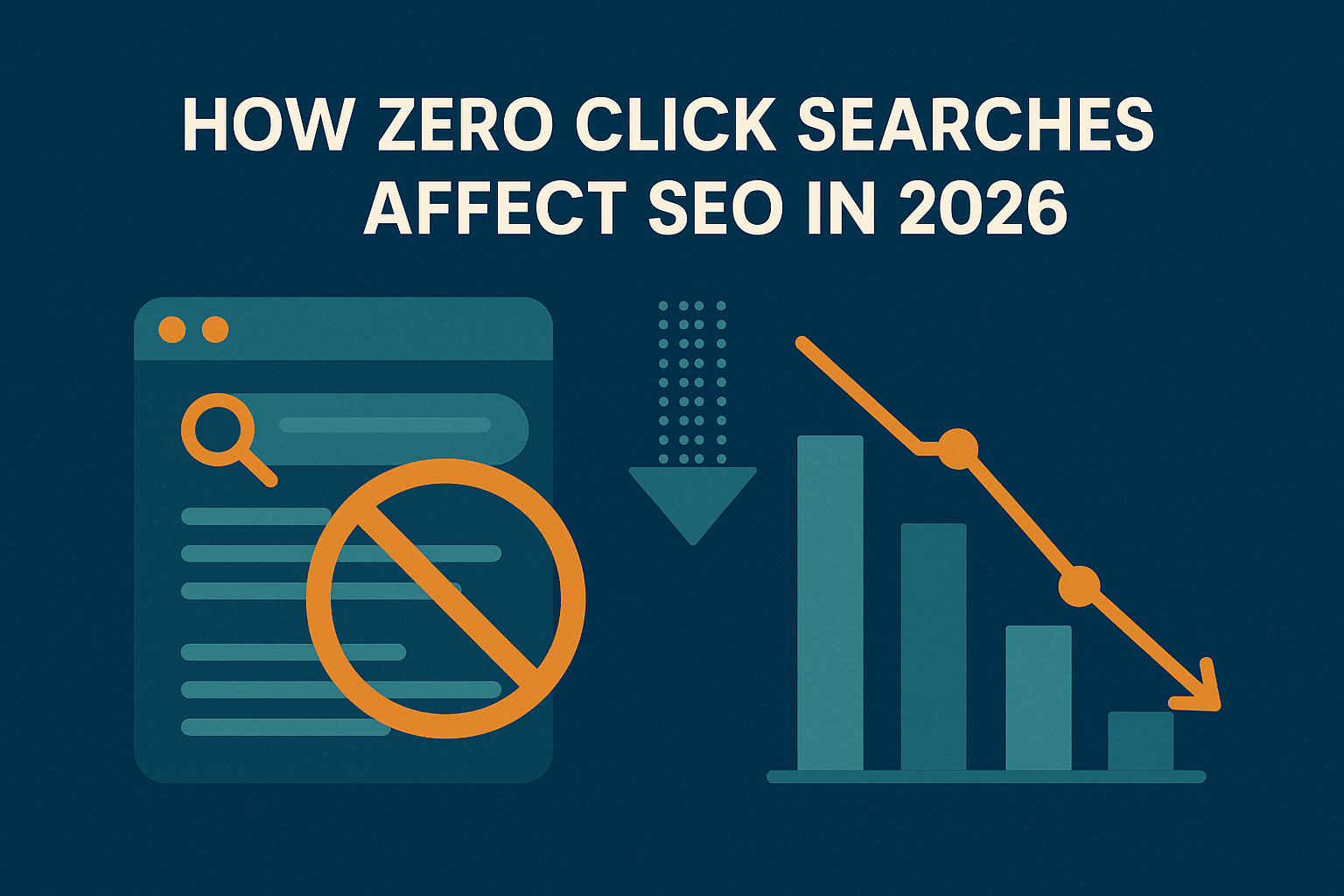How to Incorporate a Virtual SEO Assistant into Your Agency with Zero Downtime
Integrating a Virtual SEO Assistant into your agency’s operations can enhance efficiency and scale your services. However, the process must be smooth to avoid disruptions that could impact your clients. By planning strategically, setting clear expectations, and using the right tools, you can incorporate a Virtual SEO Assistant seamlessly and with zero downtime. Here’s how to do it.
1. Assess Your Agency’s Needs
Before bringing in a Virtual SEO Assistant, evaluate your agency’s specific requirements. Identify:
- Tasks that need immediate attention (e.g., keyword research, backlink building).
- Gaps in your current team’s expertise.
- Workload areas where additional support can reduce pressure.
Having a clear understanding of your needs ensures you hire the right assistant with the appropriate skills.
2. Define Roles and Responsibilities
Clarify what tasks your Virtual SEO Assistant will handle. These may include:
- Conducting website audits.
- Optimizing on-page elements like meta tags and content.
- Managing link-building campaigns.
- Analyzing performance metrics and generating reports.
- Staying updated on SEO trends and algorithm changes.
Outlining specific roles avoids overlap with your existing team and ensures all duties are covered efficiently.
3. Choose the Right Candidate
The success of incorporating a Virtual SEO Assistant depends largely on hiring the right person. Look for candidates who:
- Have proven SEO experience and technical skills.
- Are familiar with tools like Ahrefs, SEMrush, and Google Analytics.
- Demonstrate strong communication and time-management abilities.
- Understand your agency’s niche or target audience.
Conduct thorough interviews and request work samples or references to ensure the candidate is a good fit.
4. Prepare for Onboarding
Create a structured onboarding process to minimize disruptions. Include:
- Documentation: Provide an overview of your agency’s processes, SEO strategies, and client portfolios.
- Training: Offer initial training sessions on your preferred tools, workflows, and communication protocols.
- Access: Set up accounts and permissions for necessary tools and platforms, such as project management software and analytics tools.
A well-organized onboarding ensures your assistant can start contributing immediately.
5. Use Project Management Tools
Project management tools help streamline collaboration and maintain efficiency. Platforms like Trello, Asana, or Monday.com allow you to:
- Assign tasks with clear deadlines.
- Track progress in real-time.
- Facilitate communication among team members.
Centralizing workflows ensures your Virtual SEO Assistant stays aligned with the team’s goals and deadlines.
6. Establish Communication Channels
Effective communication is essential to prevent downtime during the integration process. Use tools like Slack, Microsoft Teams, or Zoom for:
- Daily check-ins to review priorities and updates.
- Quick resolutions to questions or issues.
- Regular performance reviews and feedback sessions.
Encouraging open communication helps build trust and keeps everyone on the same page.
7. Start with Low-Stakes Tasks
To ensure a smooth transition, begin by assigning your Virtual SEO Assistant smaller, low-risk tasks. For example:
- Conducting keyword research for upcoming campaigns.
- Updating metadata on less critical web pages.
- Organizing and categorizing backlinks.
This allows them to familiarize themselves with your processes without jeopardizing high-priority projects.
8. Integrate Gradually into Client Work
Once your assistant is comfortable with internal tasks, involve them in client projects. Steps include:
- Pairing them with senior team members for oversight.
- Assigning specific deliverables like technical audits or performance reports.
- Monitoring their contributions to ensure quality and alignment with client expectations.
Gradual integration helps maintain client satisfaction while your assistant builds confidence and expertise.
9. Monitor Performance and Provide Feedback
Track your Virtual SEO Assistant’s progress to ensure they’re meeting expectations. Use performance metrics such as:
- The number of completed tasks and their accuracy.
- Improvements in client website rankings and traffic.
- Adherence to deadlines and responsiveness.
Regular feedback sessions help address issues early and reinforce positive behaviors.
10. Foster a Collaborative Environment
Integrating a Virtual SEO Assistant into your team culture enhances productivity and morale. Encourage collaboration by:
- Including them in team meetings and brainstorming sessions.
- Recognizing their contributions and celebrating milestones.
- Creating opportunities for professional development, such as attending webinars or courses.
A cohesive team dynamic ensures your assistant feels valued and motivated to perform at their best.
11. Evaluate and Optimize
After the integration process, review its success by:
- Gathering feedback from your team and clients.
- Analyzing performance metrics to measure impact.
- Identifying areas for improvement in workflows or training.
Continuous optimization ensures your Virtual SEO Assistant remains a valuable asset to your agency.
Incorporating a Virtual SEO Assistant into your agency doesn’t have to disrupt your operations. With careful planning, clear communication, and gradual integration, you can enhance your team’s capabilities while maintaining seamless service delivery. By following these steps, you’ll not only achieve zero downtime but also set the stage for long-term success and scalability in your SEO efforts.










